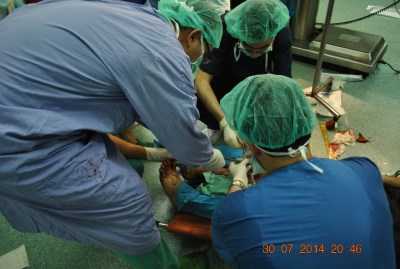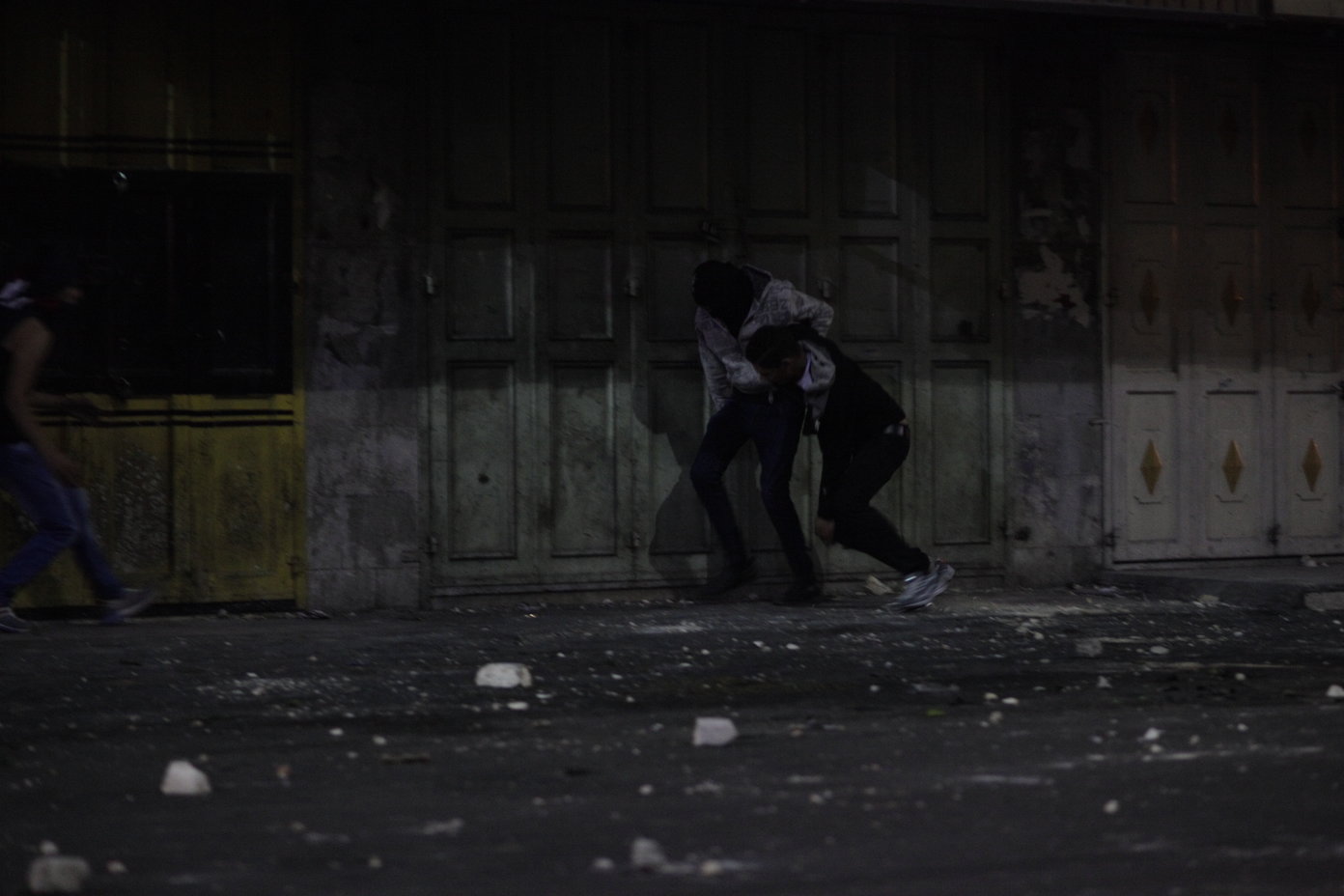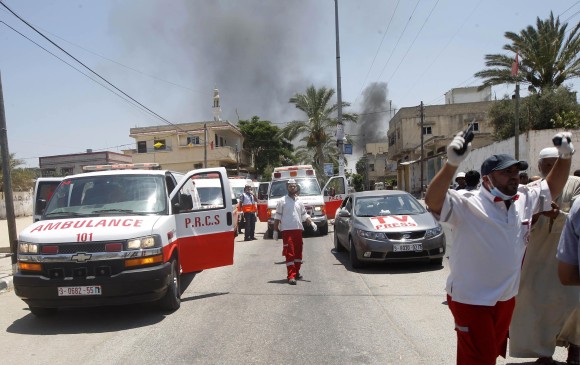Author: ISM Media
-
Gaza Ministry of Health: “Gaza surgery being performed in corridors, on the floor
31st July 2014 | Gaza Ministry of Health | Gaza, Occupied Palestine Gaza hospitals are operating under impossible conditions, with surgery now being performed in corridors and on the floor due to the sheer numbers of wounded from massacres such as Shati park, UNRWA school and Shujeiyah market. Lack of theatre space sees two persons being operated…
-
Live ammo used as ‘crowd dispersal’
31st July 2014 | International Solidarity Movement, Vern | Occupied Palestine On July 29th, Palestinian activists from the Human Rights Defenders Group, as well as several ISM volunteers, went to the Almezan Hospital in Hebron, and met some of the Palestinians recently shot and injured by Israeli soldiers. Some of them were taking part in clashes; others were…
-
An eyewitness to genocide: a night in Khuza’a
31st July 2014 | Sarah Algherbawi | Gaza, Occupied Palestine Khuza’a is a 4000 acres town that lies east of Khan Younis city in the southern area of Gaza, with a population of almost 11,000 people. On Monday night, July the 21st, Israeli forces started to bomb Khuza’a heavily, with the aim of destroying it. Before…



